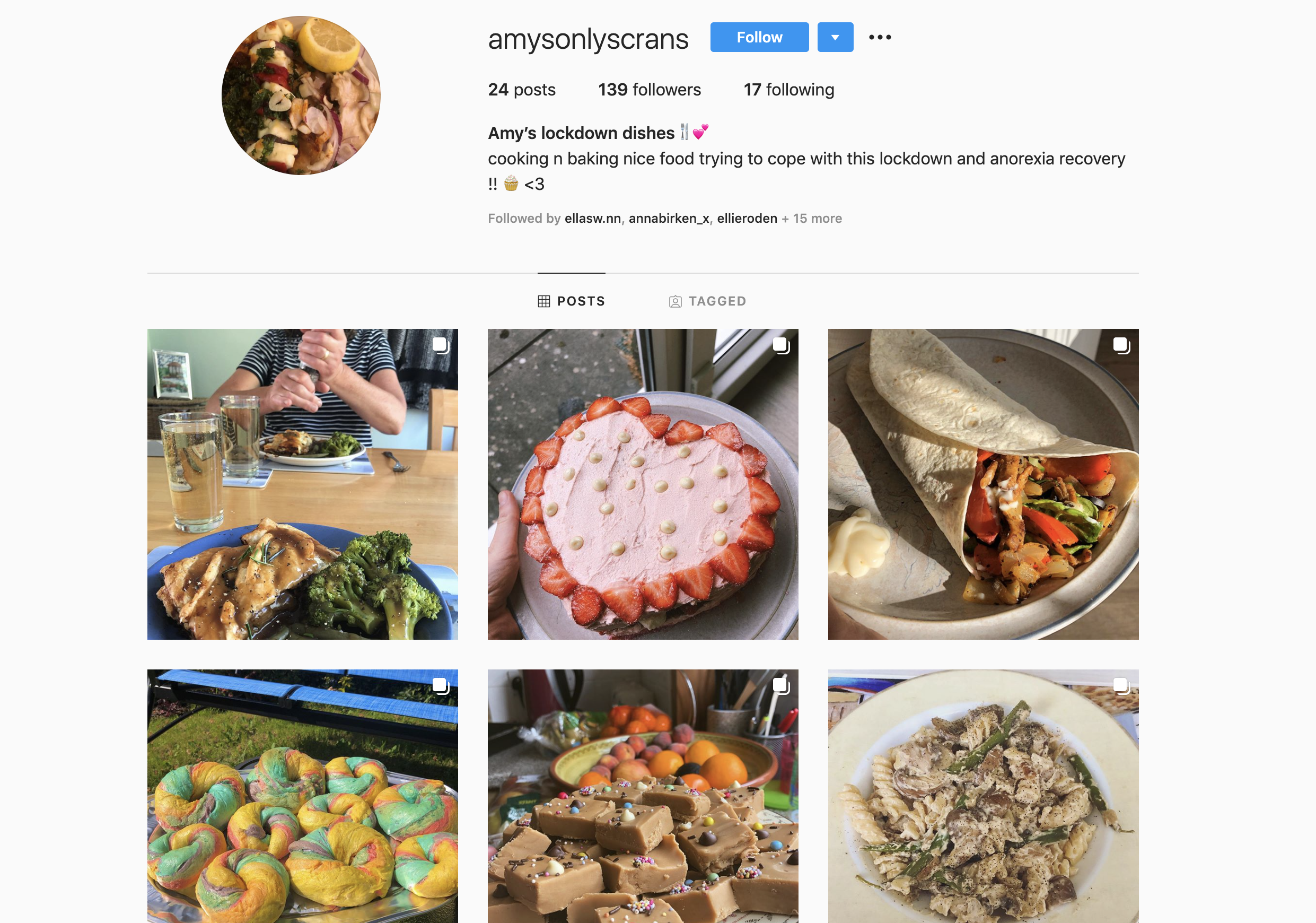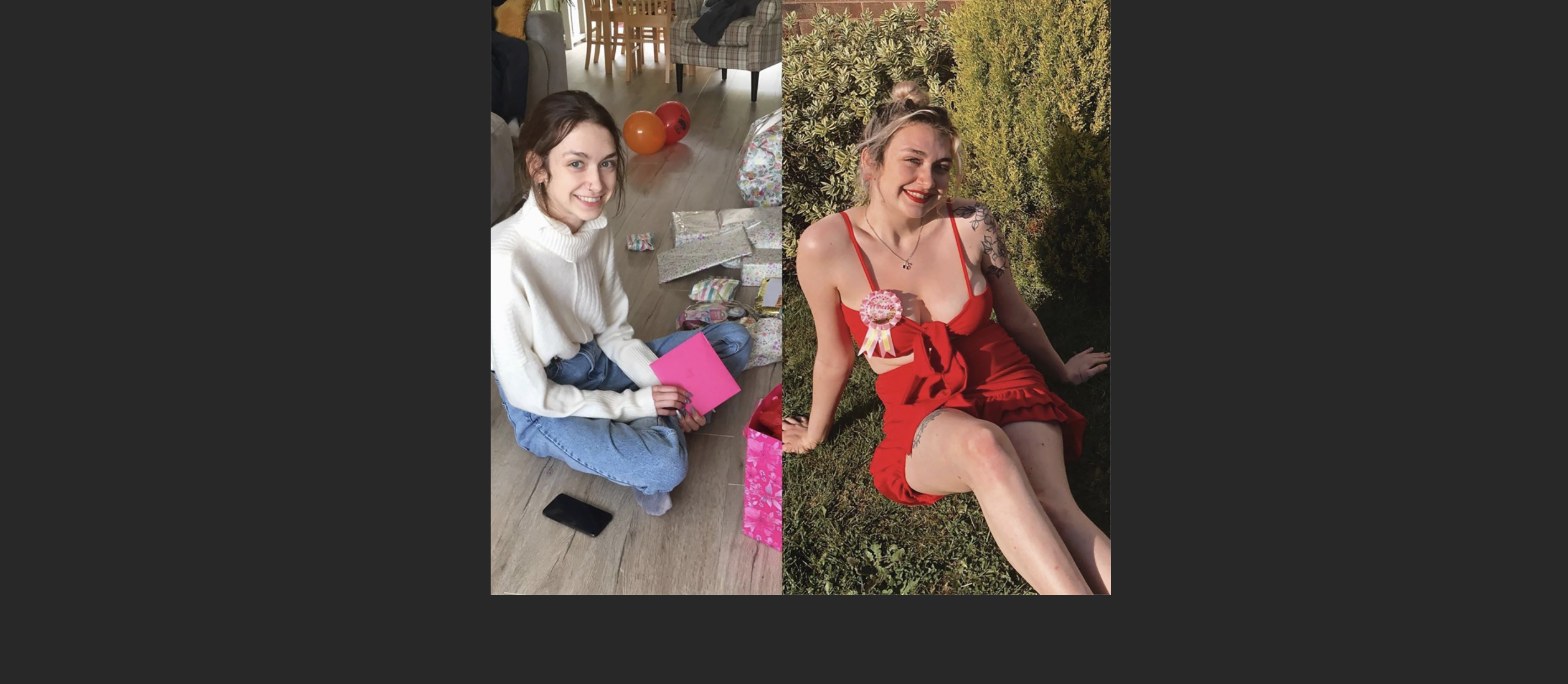
Finding self-love in a world obsessed with diet culture
By Chloe Carr
Modern culture is completely focused around weight and appearance.
We are constantly made to feel how we look is not enough, it feels impossible to scroll down social media or read the news without seeing something focused on someone’s weight loss or weight gain.
Just recently the media was praising Adele’s weight loss and talking about her ‘glow-up’ due to her losing seven stone. This type of narrative only further adds to the stigma that weight = happiness.
Diet culture is toxic and dangerous and it can have an impact on anyone, as well as perpetuating eating disorders. We must try to steer away from these kinds of attitudes. There is no 'perfect weight'.
Watch: Younger people's attitudes to diet culture
Amy's story

"I had been struggling with my eating disorder since I was 16 but I didn’t tell anyone, partly because I was in denial and partly because I was ashamed of my disordered eating habits. I didn’t open up to anyone about my struggles until I was 17 and I didn’t go to a doctor until I was 18. I was then diagnosed with anorexia, and 3 months later I was admitted to a psychiatric unit as an inpatient.
I stayed on the unit for 6 months and missed out on the rest of my first year at University. After this time my team discharged me, and I then decided I was ready to take on recovery. Talking about this now almost a year on from being discharged, a lot of things have changed and for the better.
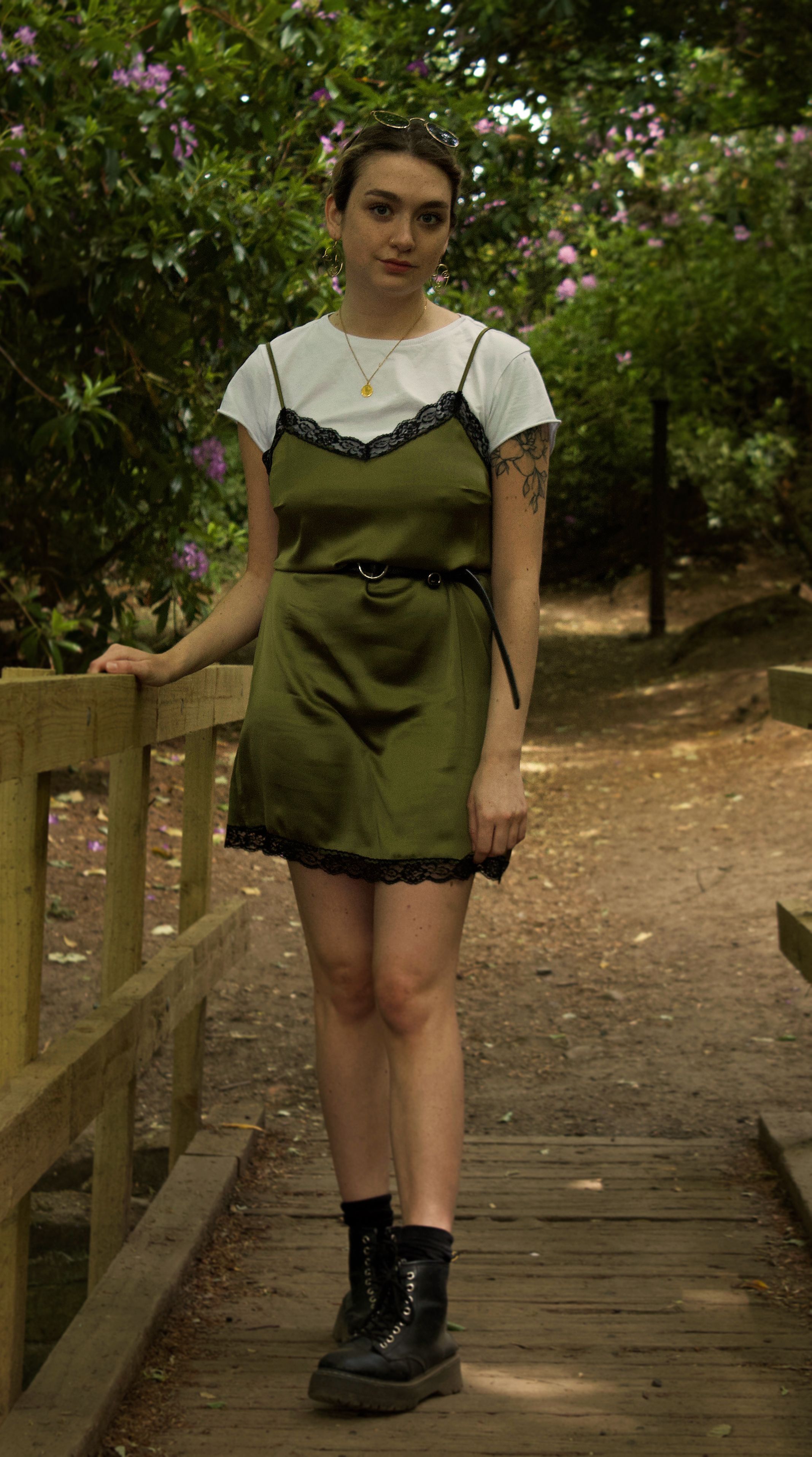
Finding self-esteem at first was very difficult. Even at my lowest weight where I had to be taken around in a wheelchair by staff at the hospital, I still felt that i was ‘fat’. In order to rationalise these thoughts, I had to separate the “anorexic voice” in my head from my real thoughts. This voice would tell me that I’m worthless, fat, greedy, anything critical to do with myself or food.
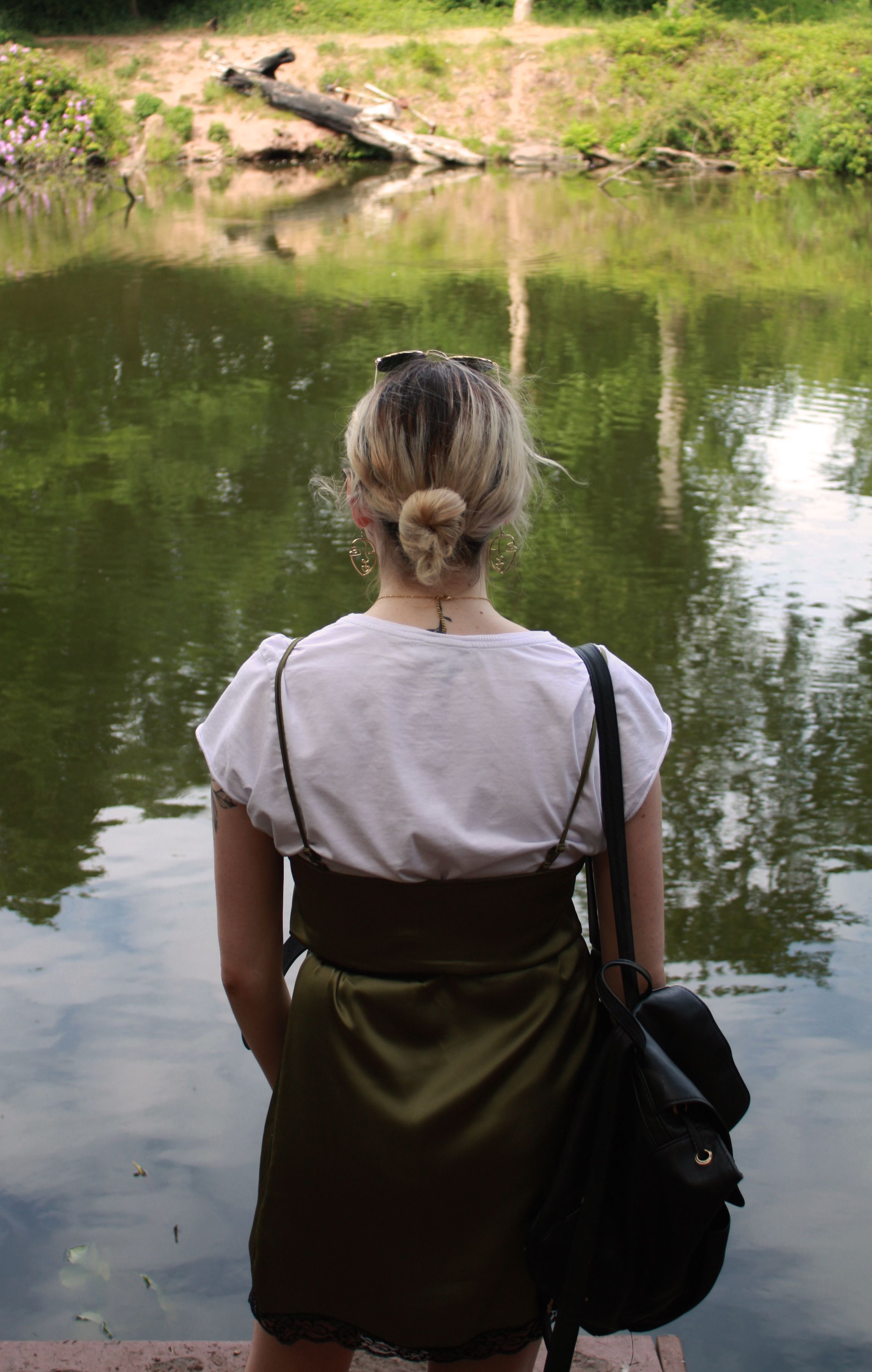
I had to challenge the thoughts that told me “you’re fat” or “don’t eat that” by reminding myself that the anorexia was lying to me, I was not actually fat, and I do deserve to eat, despite what the voice in my head was telling me. This helped me accept my body and my weight gain and see it as a good thing rather than a bad thing. I also realised that anorexia had taken my life away from me and gaining weight back was the only way I would gain my life back, and getting my life back meant more to me than being ‘thin’ ever did.

In a society surrounded by diet culture and toxic attitudes towards weight, it’s so hard to stay positive all of the time. To me diet culture is a system of oppression which profits from people’s insecurities. Diet culture values thin bodies, flat stomachs and small waists. It labels food as morally good or bad, for example vegetables are “clean foods” and carbohydrates and fats are seen as “cheat” foods or “sins”. Weight gain is shamed, and weight loss is praised, whether the weight loss happened in a healthy way or not.
Companies sell diet products such as ‘detox teas’ and weight loss pills through social media influencers with a large following, accessible to vulnerable people and young children. By diet culture shaming people’s body types, it encourages them to buy these products in order to try and attain the ideal thin body type that is glorified. However, most of these products have been proven to be ineffective and dangerous in some cases, putting vulnerable people and children at risk and exploiting buyers. "

"Diet culture will never care whether people lose weight or not, whether they are at risk or whether they are vulnerable. Diet culture only cares about the money it makes, hence why it is a multi-billion-dollar industry."

"Eating disorders are generally stigmatised and misunderstood. People often base their judgements solely off the weight of an individual. However, eating disorders are a mental illness which cannot be determined by someone’s physical appearance. Someone at a higher weight could be struggling more than someone at a lower weight, yet not be taken as seriously because of their size.
My advice to anybody who is struggling would be that no matter what weight you are, even if your head tells you it is not low enough, it is, and everybody deserves help!
Despite recovery being challenging it has also been the best thing I have ever done, and I would encourage anybody else who is struggling to choose recovery.
All an eating disorder will ever do is cause you pain and it’s just not worth it. No weight loss has ever actually gotten me anywhere or made me happy or let me achieve anything, but recovery has. It has opened so many new doors for me and gave me freedom."
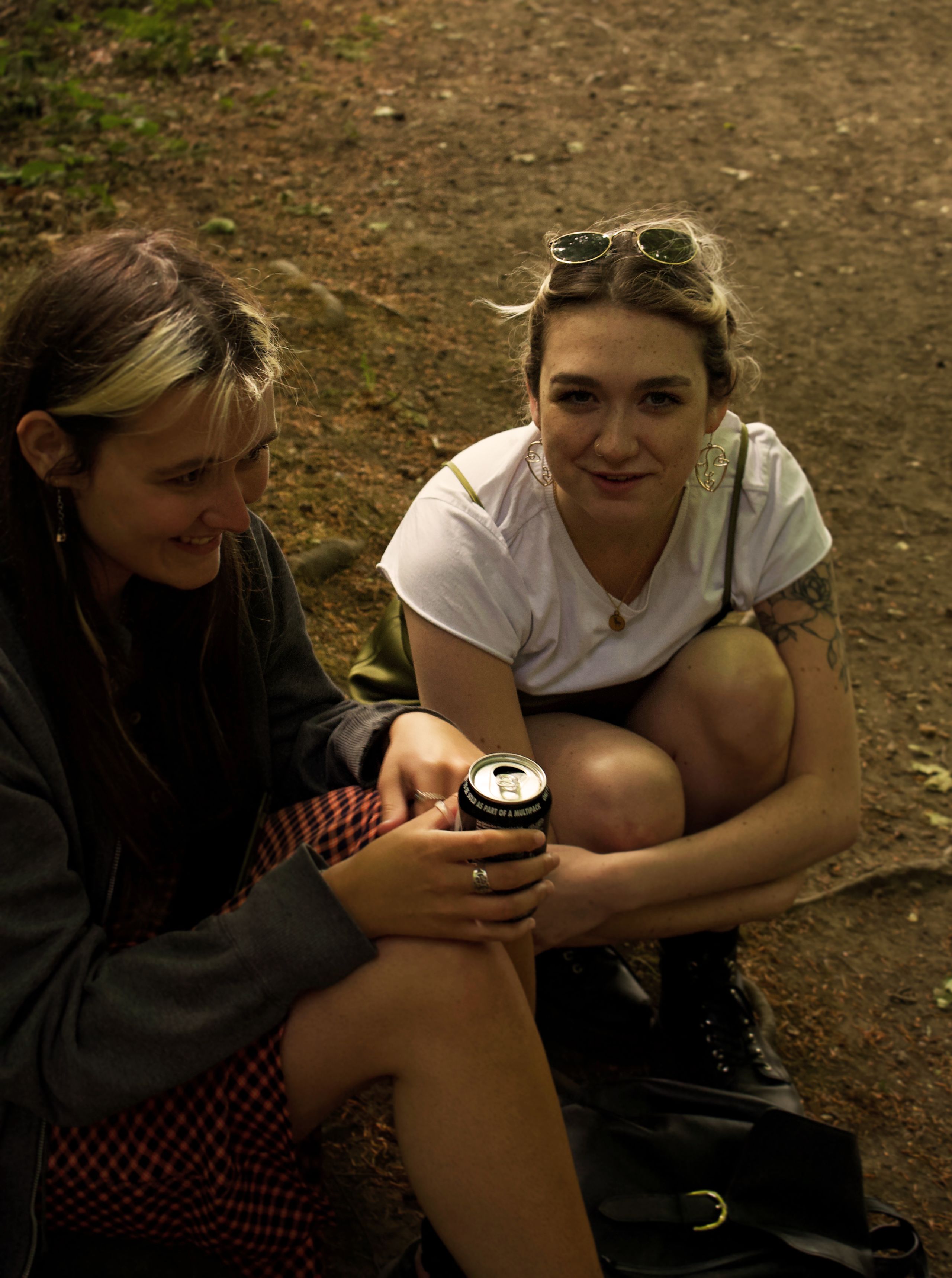
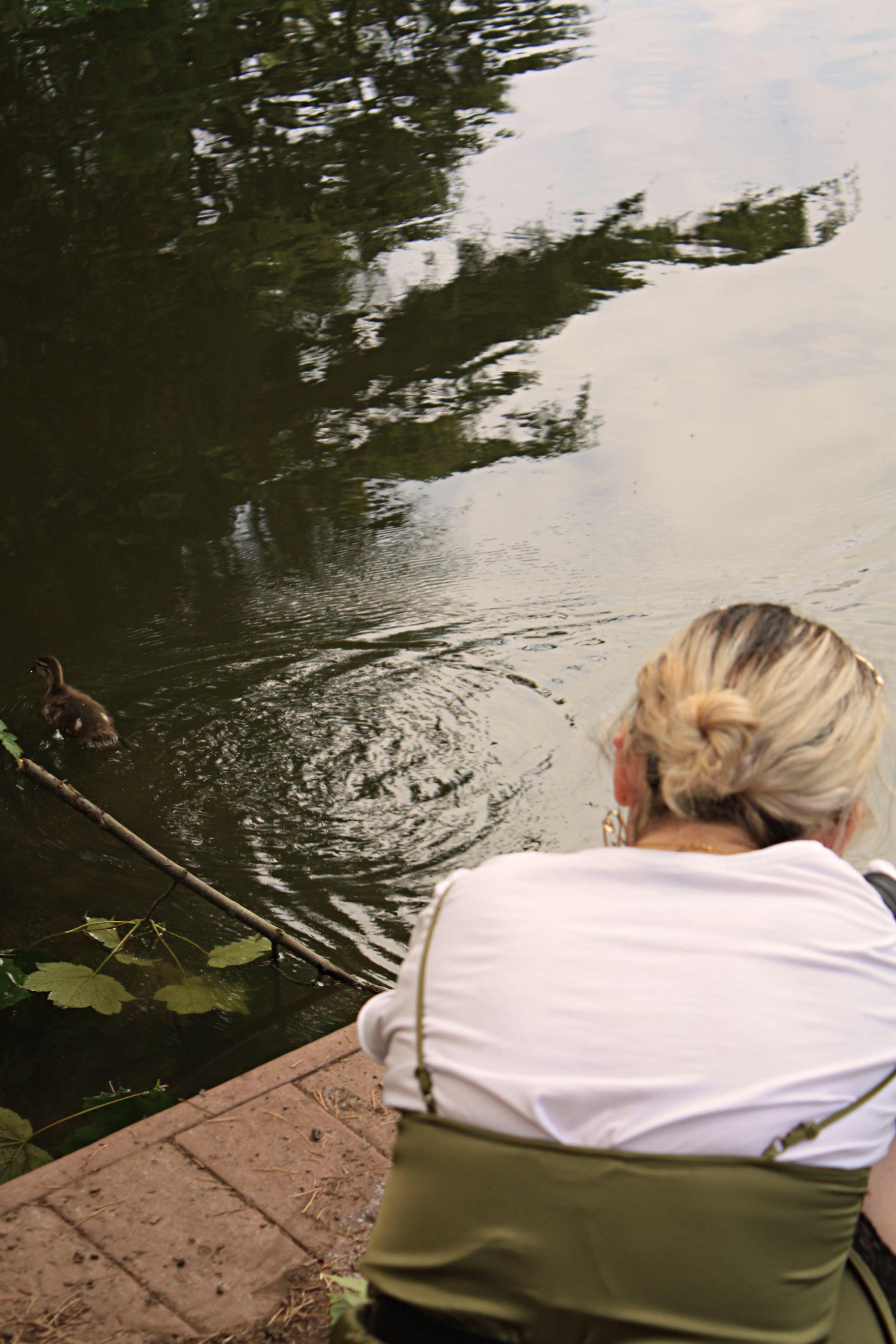

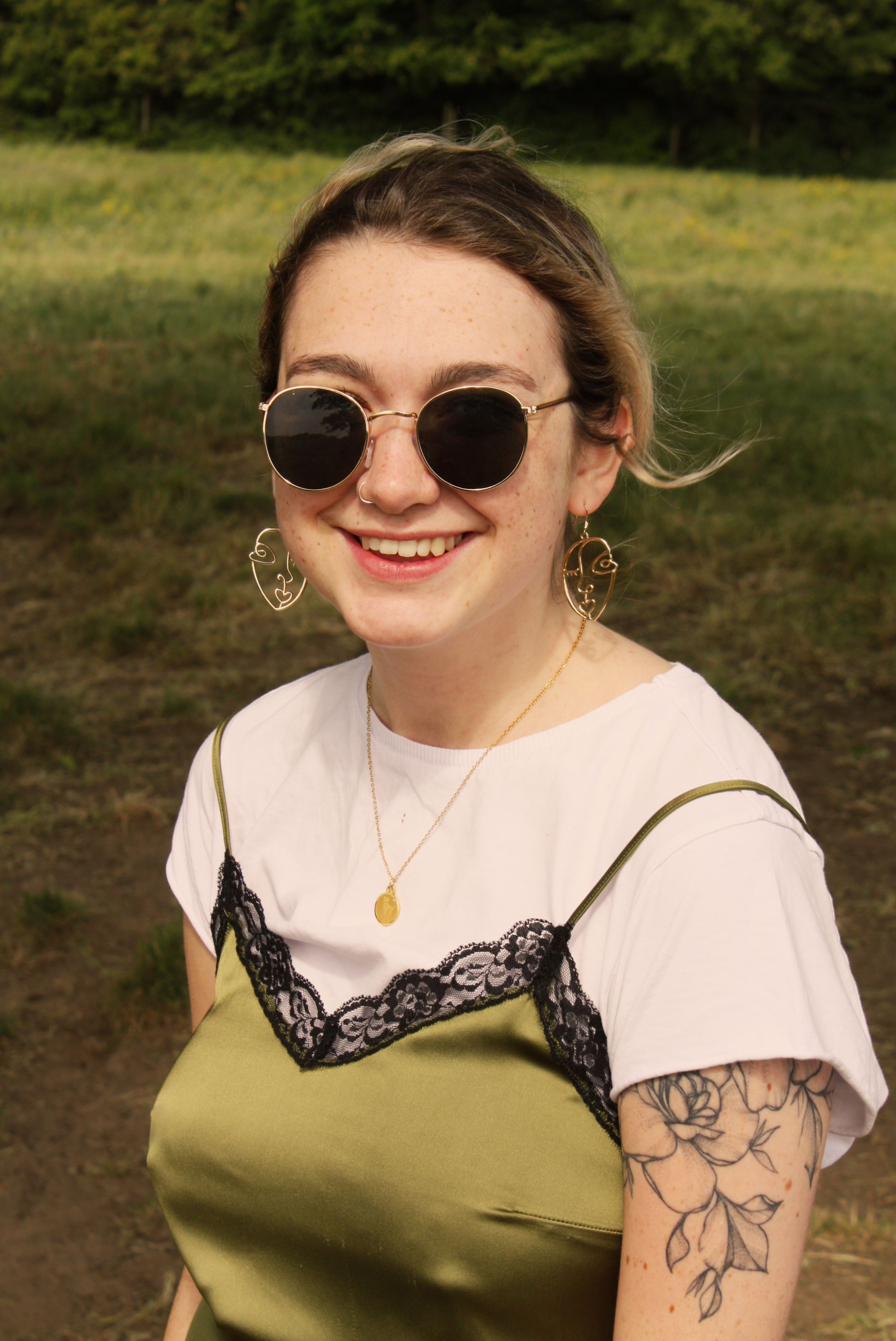
"The voices got quieter and I am finally happy in my own body, recovering changed my life for the better."
If you are struggling with the toxic effects of diet culture then here's a few ways to help with it:
- Unfollow anyone who is enforcing diet culture on social media.
- Try to reject diet culture - weight does not equal worth.
- Speak out against it and others who do.
- Find a support system.
- Practice self-love and self-care techniques.
If you are suffering from an eating disorder then please remember that it is important to seek help and support. Amy's story highlights that recovery and self-love is always possible!
